Whether you're pressing heavy or just starting out, knowing how to adjust your weight bench is fundamental for safety, comfort, and performance. A poorly adjusted bench can compromise form and lead to injury, while a properly set one can help you activate the right muscles and progress with confidence. Here's a practical guide to help you make the most of your adjustable weight bench.
Why Proper Bench Adjustment Matters
Before lifting a single pound, your setup sets the tone. Adjusting your bench ensures:
-
Correct body alignment for exercises like the bench press, shoulder press, or incline curls
-
Joint safety, particularly for the shoulders and lower back
-
Optimal muscle engagement, especially when targeting different angles
How to Adjust a Weight Bench
Most adjustable benches follow a similar mechanism—lever, ladder-style, or pop-pin systems. Here's a step-by-step overview:
1. Set the Backrest Angle
-
Flat: Best for standard bench presses and chest flyes.
-
Incline (15° to 75°): Ideal for upper chest, shoulder presses, or incline curls.
-
Decline: Great for lower chest work and decline sit-ups.
To adjust:
-
Pull the lever or pin beneath the backrest.
-
Lift or lower to your desired angle.
-
Ensure the pin clicks or locks into place before use.
2. Adjust the Seat Pad
A lesser-known tip: adjusting the seat angle can prevent you from sliding on incline settings. Some benches offer 2–3 seat positions.
To adjust:
-
Pull the small lever or pin near the seat base.
-
Tilt the seat slightly upward for incline exercises to lock your hips in place.
3. Check for Stability
Before training:
-
Push and pull the bench slightly to test for wobble.
-
Confirm all pins are secured.
Adjusting Bench Press Seats: What to Know
For benches used in a fixed bench press station—often in gyms or commercial setups—adjusting the seat height is essential. If your feet can't stay flat on the ground or if your eyes aren’t aligned with the barbell, you risk poor form or injury.
-
How to adjust the bench press seat: Look for a seat lever or knob under the pad. Adjust the height so your eyes are directly under the bar and your feet are grounded.
-
For short lifters, placing plates or blocks under your feet can also help maintain proper posture.
Life Fitness Bench: How to Adjust It
Life Fitness benches often feature commercial-grade mechanisms for quick changes:
-
Use the ladder-style notches for the backrest—just lift and slide into your preferred angle.
-
The seat pad may have a pop-pin or spring-loaded adjustment underneath. Tilt it upward for incline use.
-
For benches integrated into machines, consult the printed diagram or use the clearly marked yellow adjustment points (a signature Life Fitness feature).
Pro Tips for Bench Adjustment
-
Always adjust before loading any weights.
-
Warm up with bodyweight or light sets to fine-tune your position.
-
Log your settings (back angle, seat tilt, etc.) in your workout app or journal to replicate ideal setups consistently.
Final Thoughts
An adjustable bench is one of the most versatile tools in any gym. But it's only as effective as your ability to set it up correctly. By learning how to adjust a weight bench—whether it’s your home unit or a Life Fitness commercial model—you’ll lift smarter, stay safer, and unlock better performance from every session.


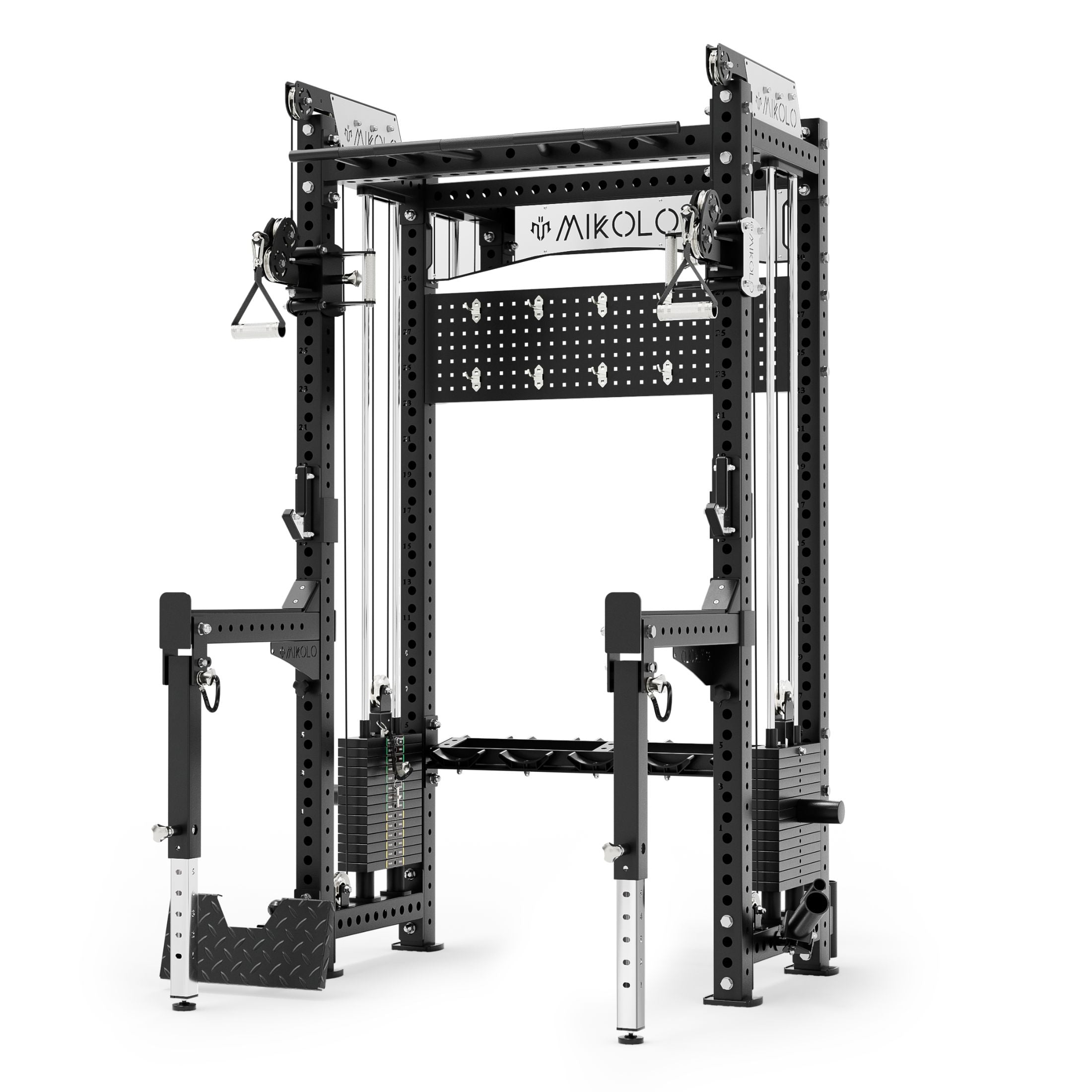
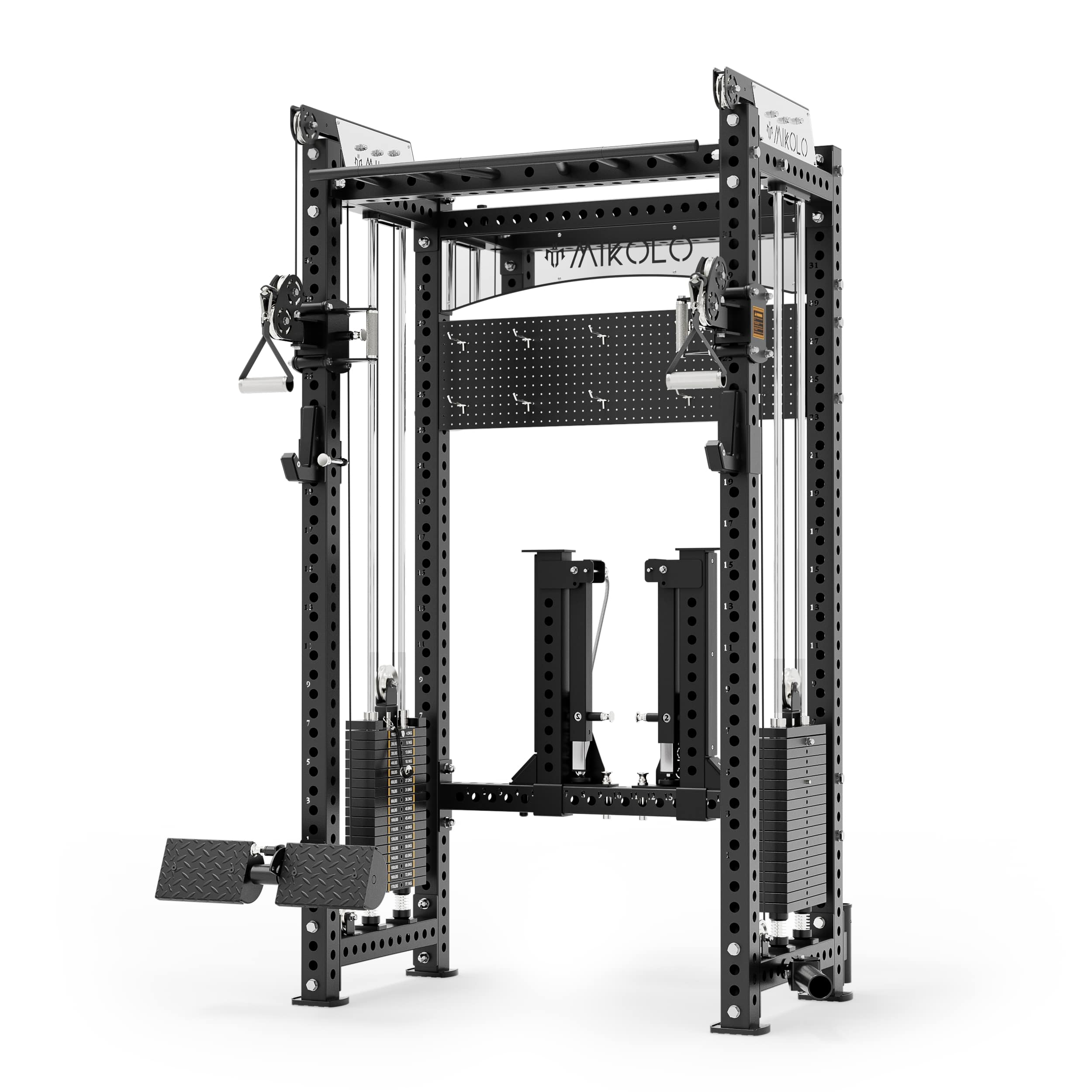
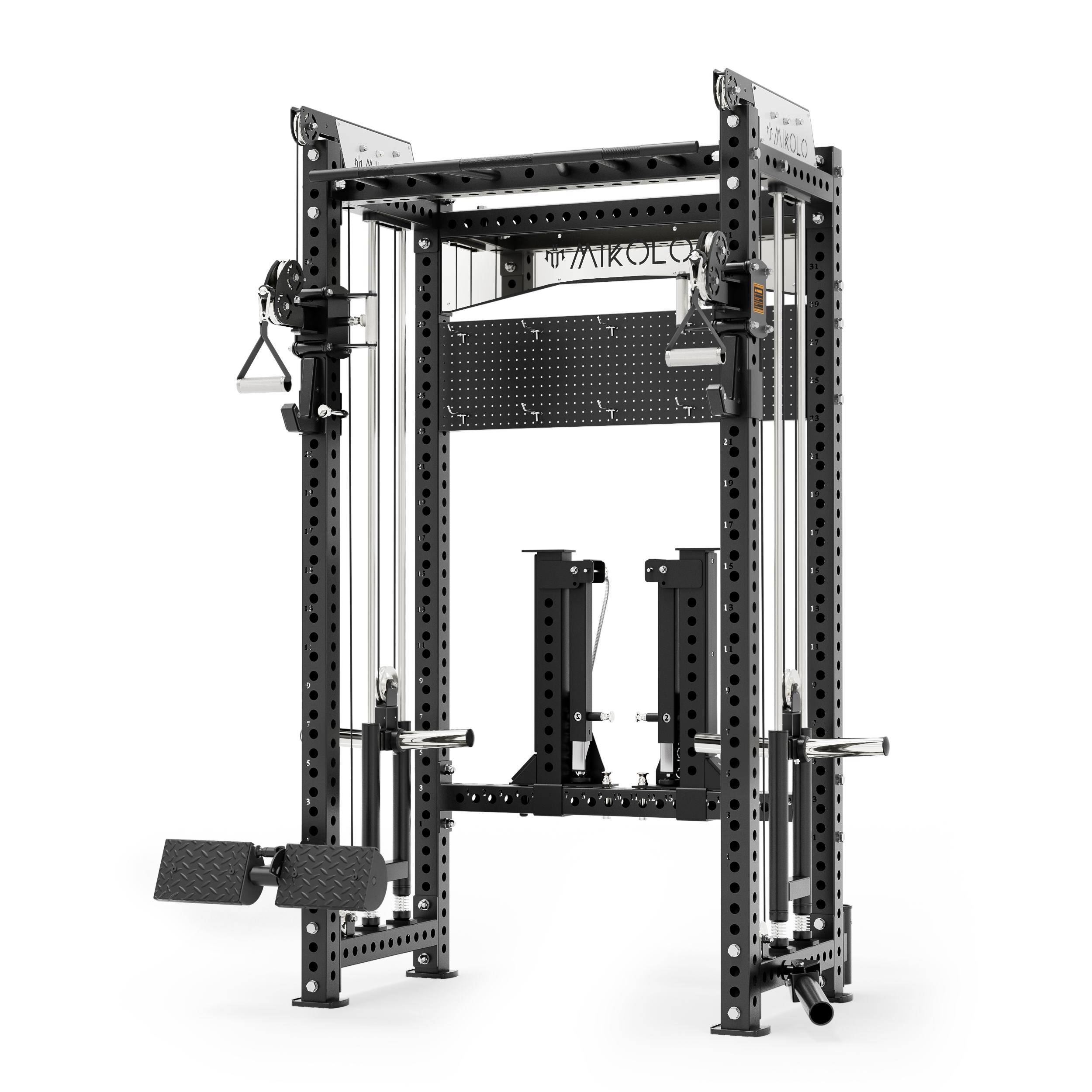


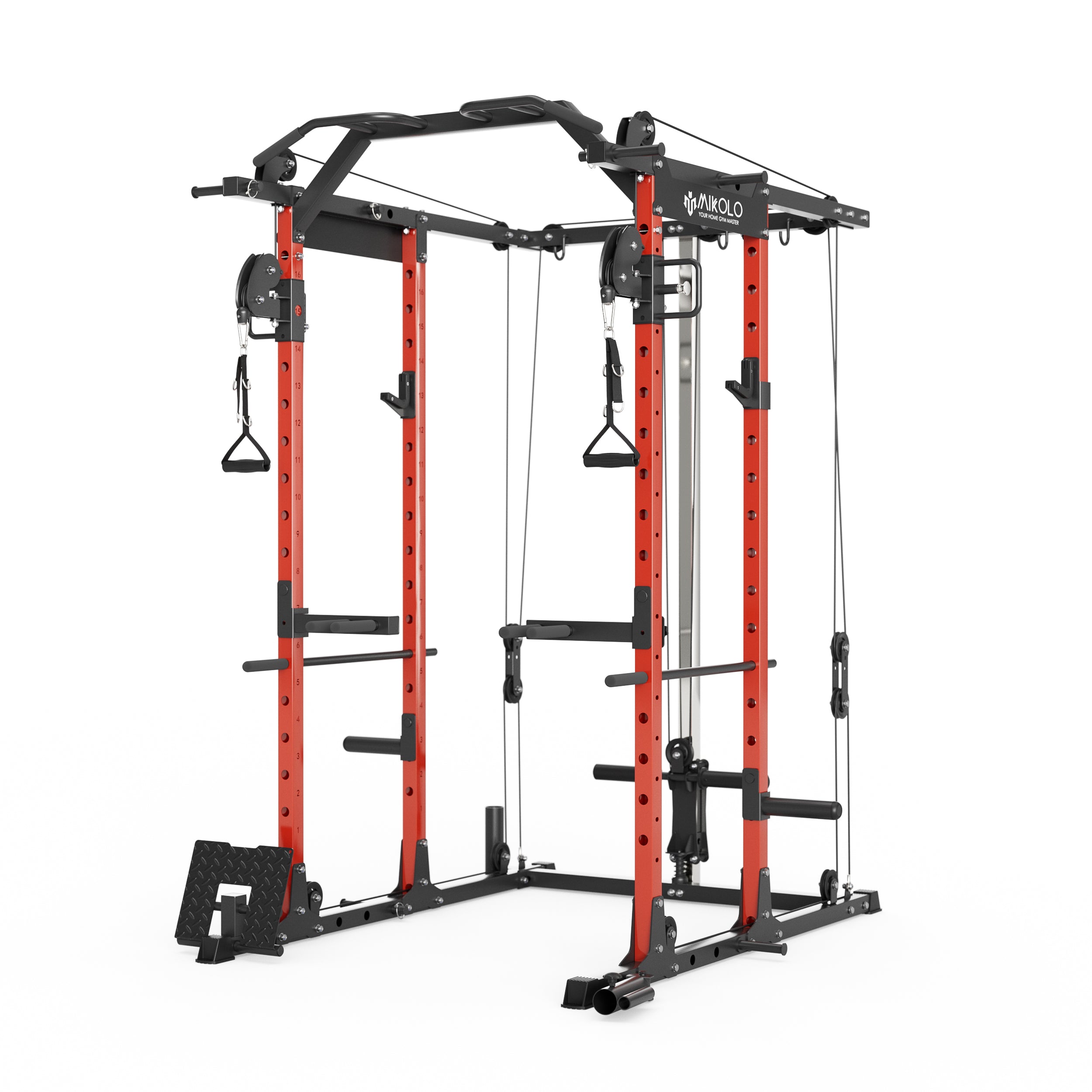
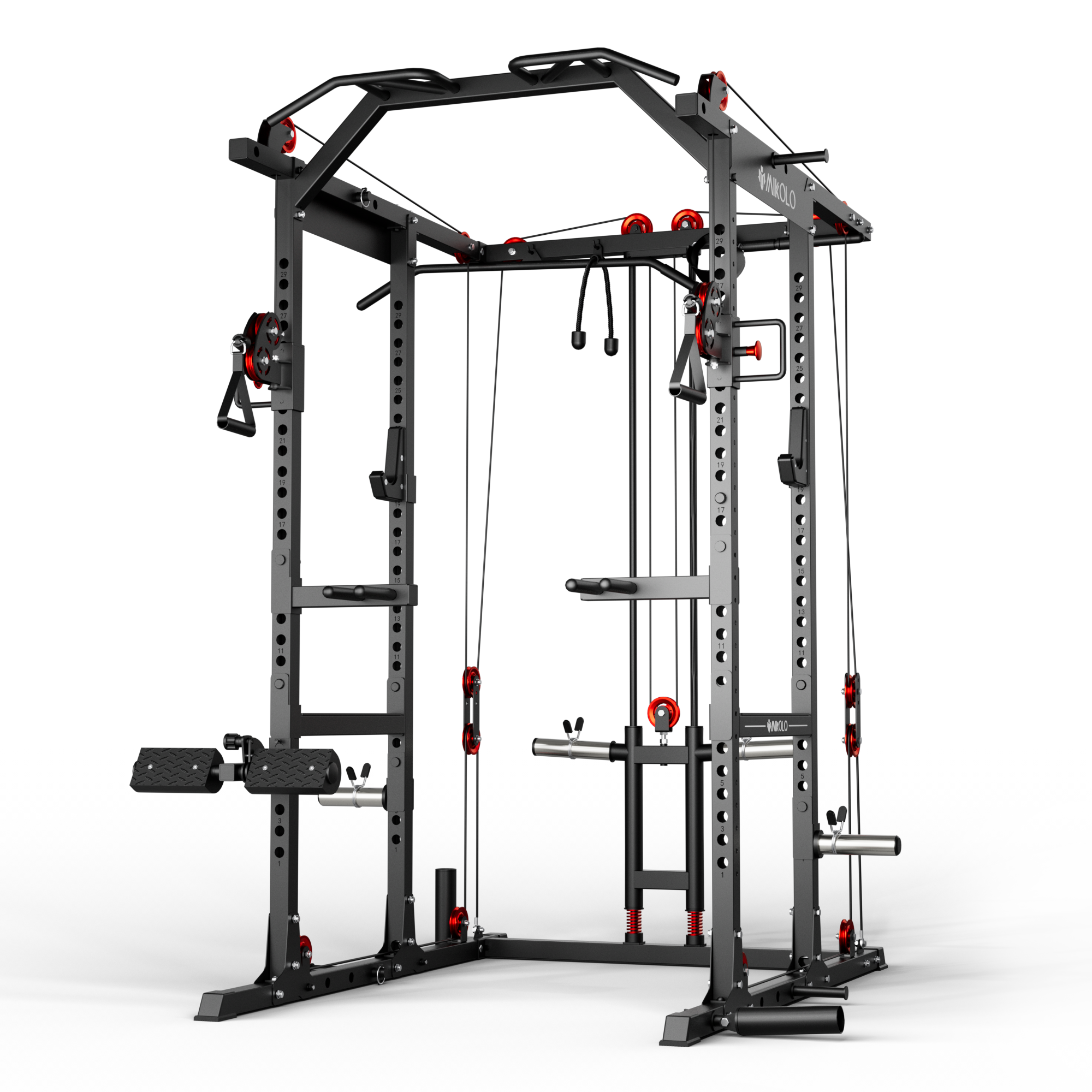

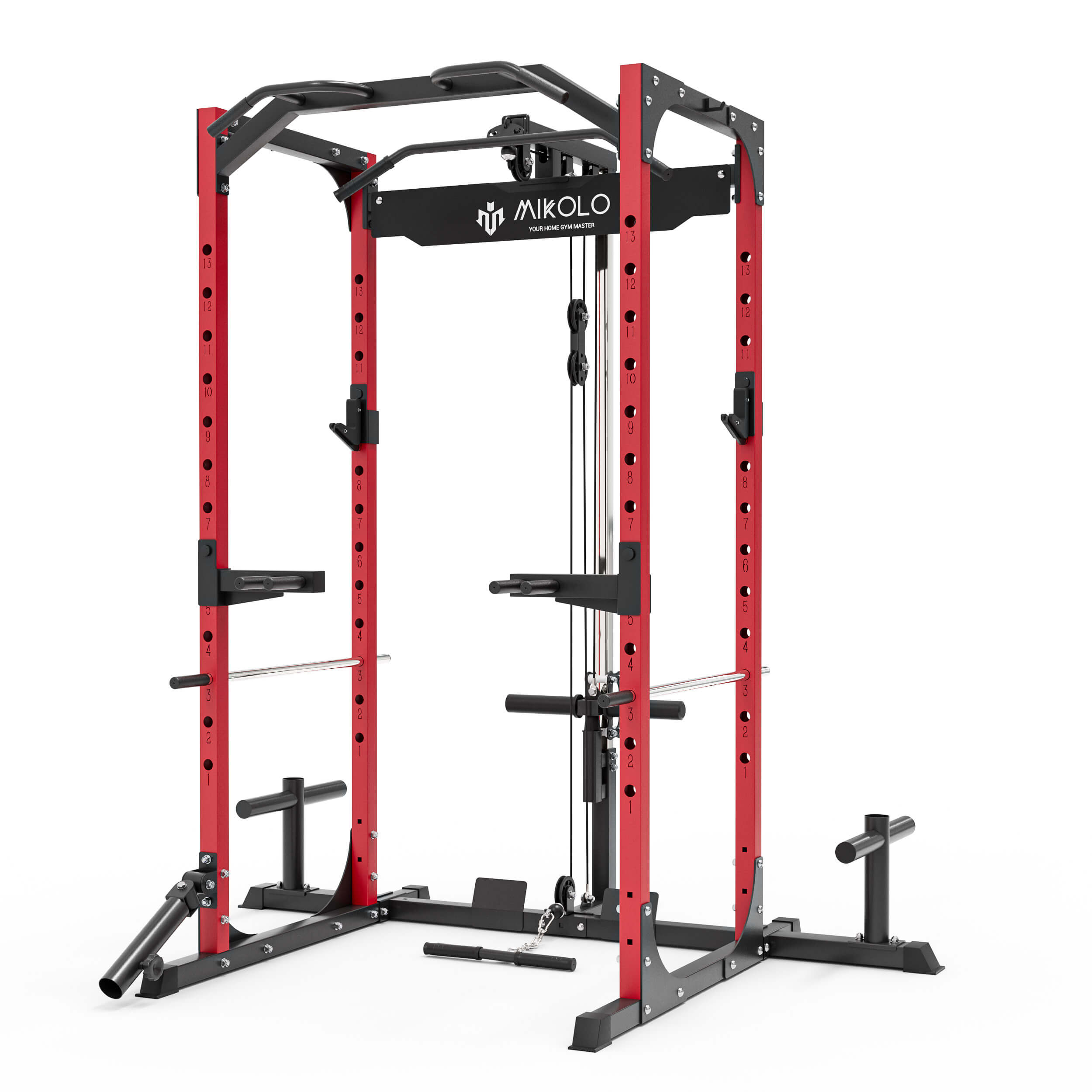
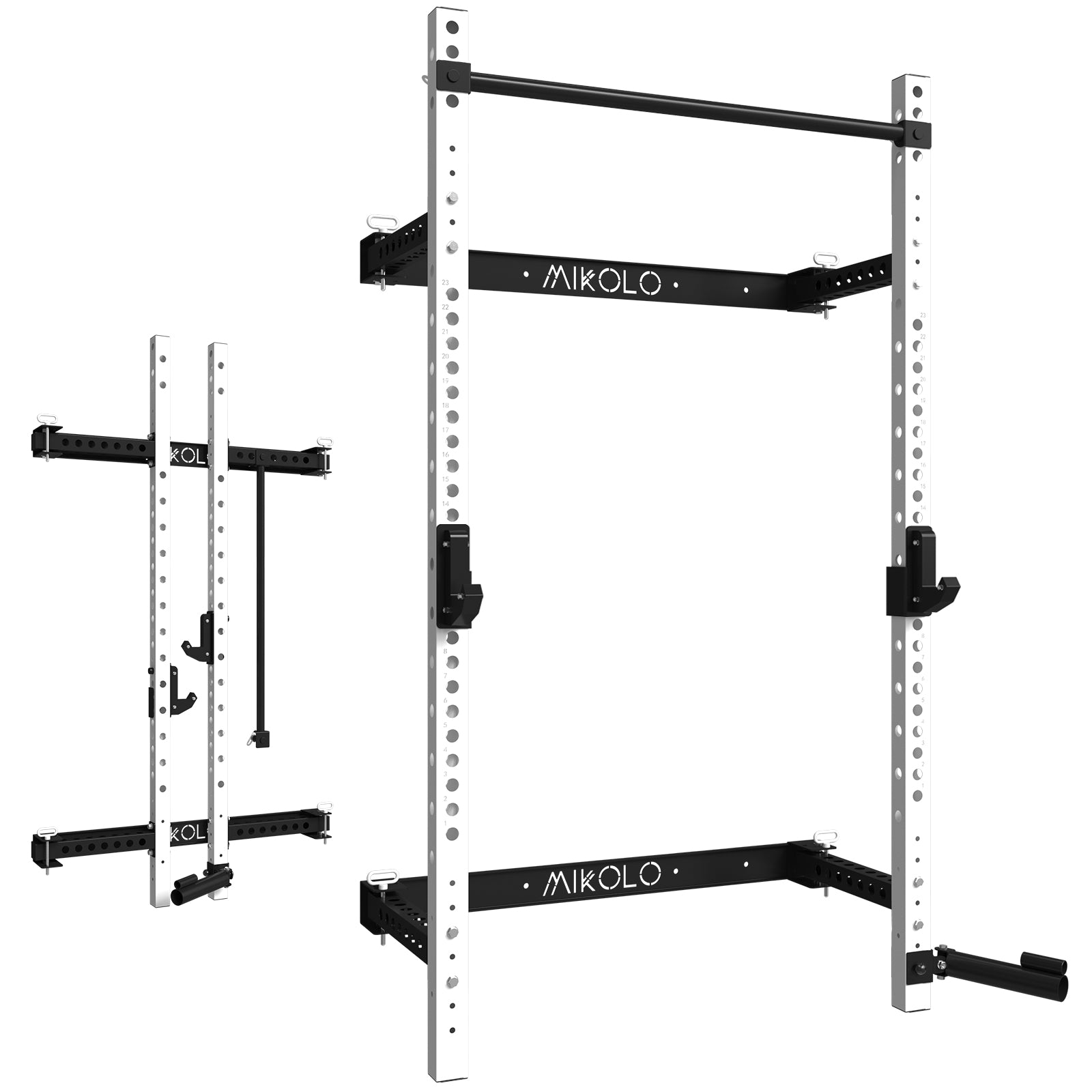


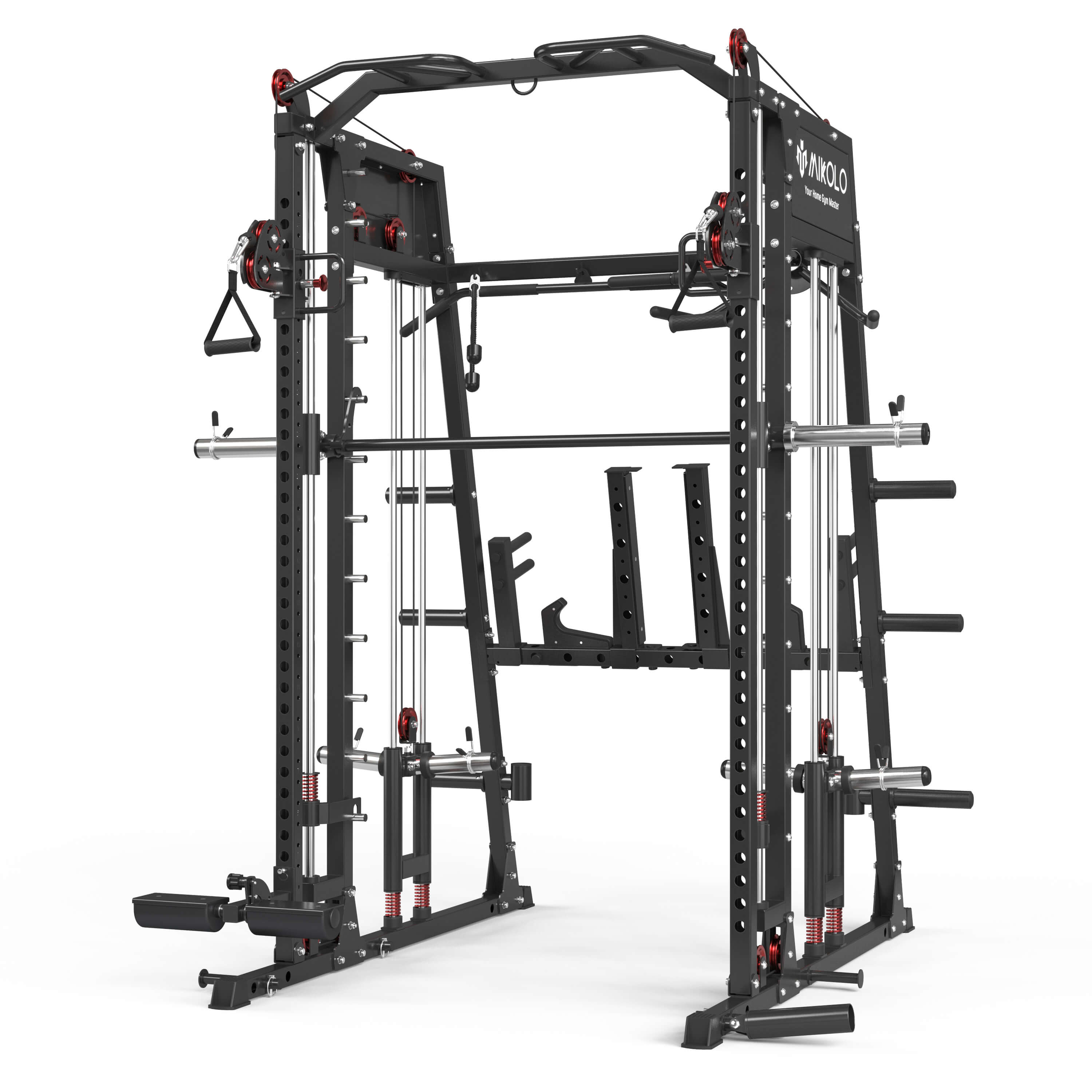
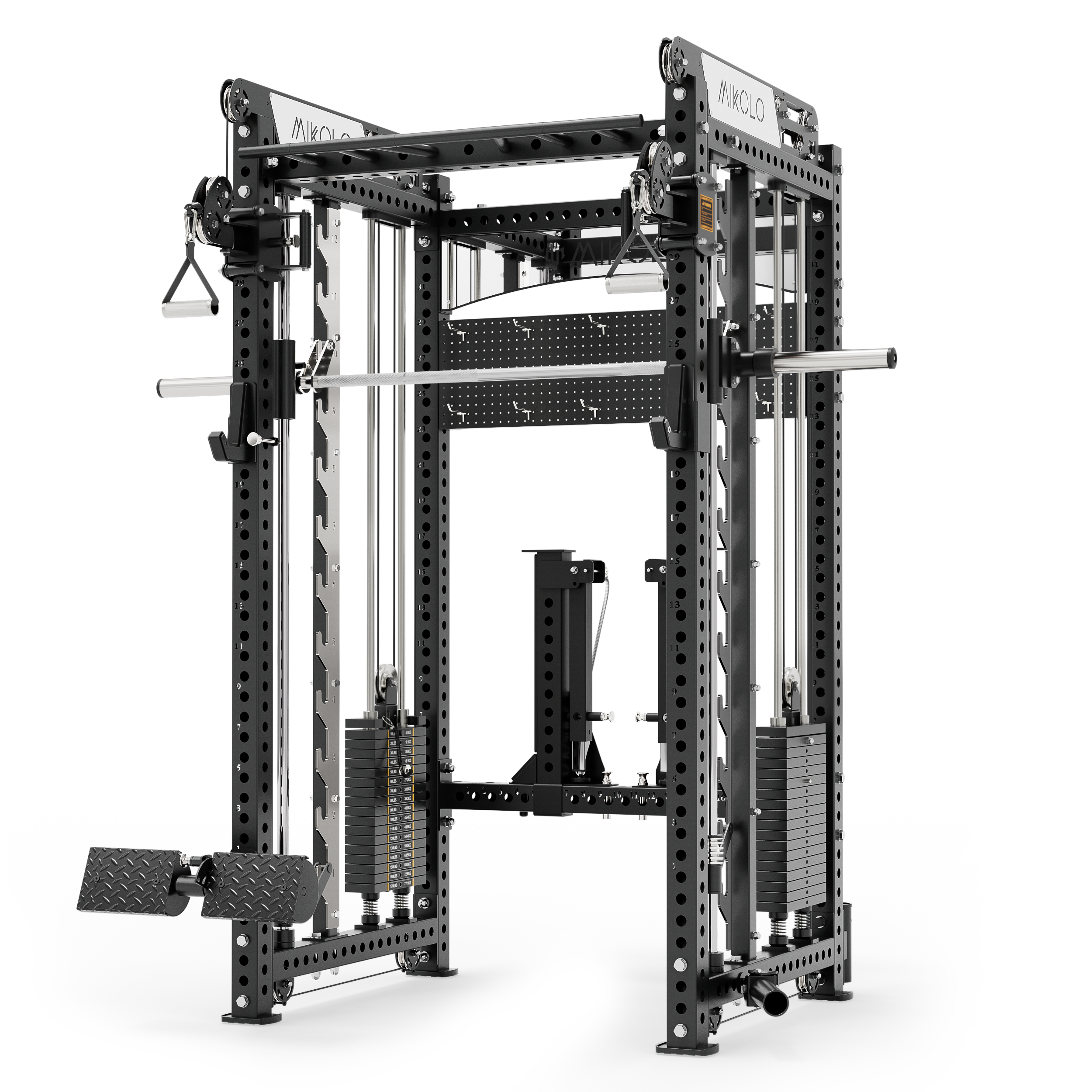
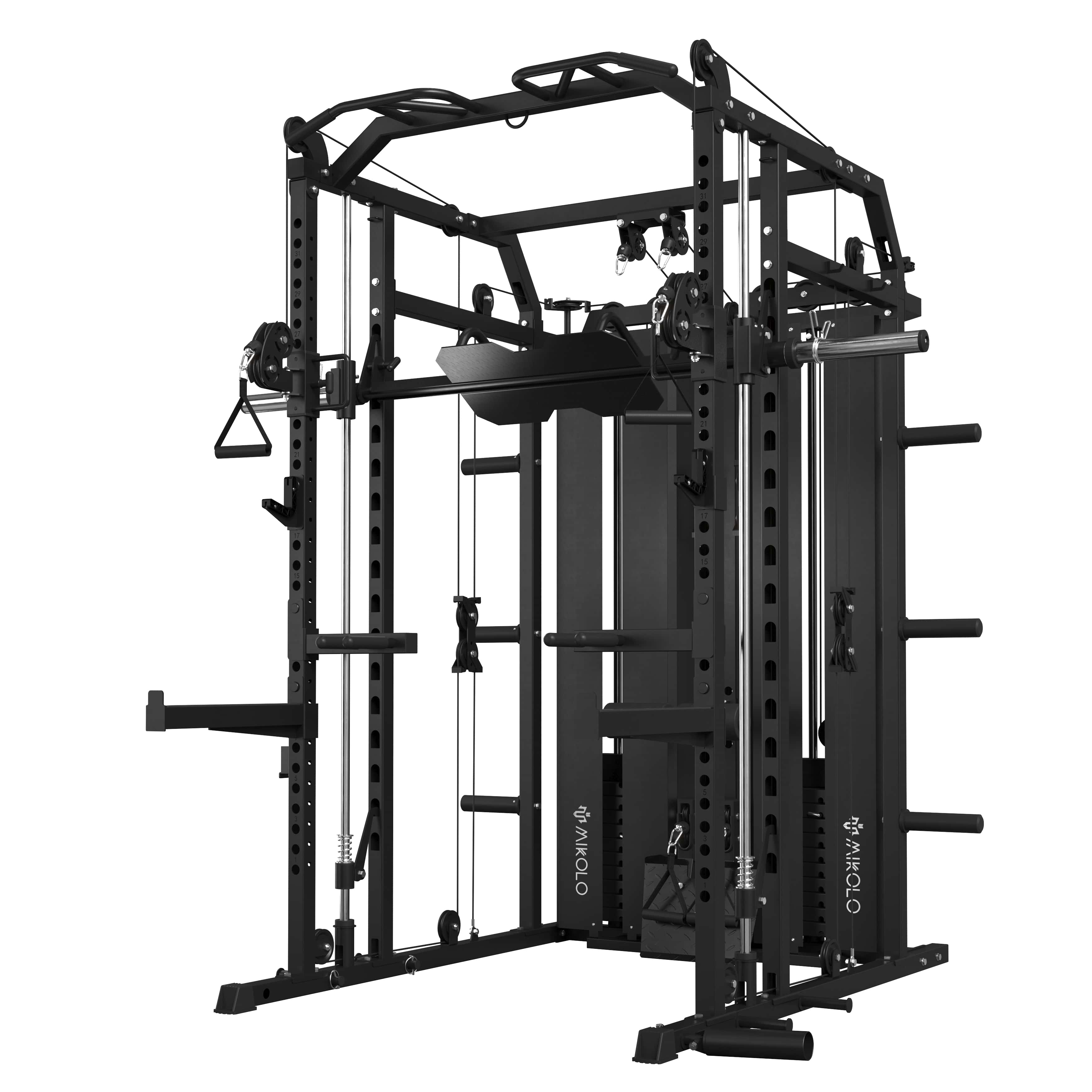
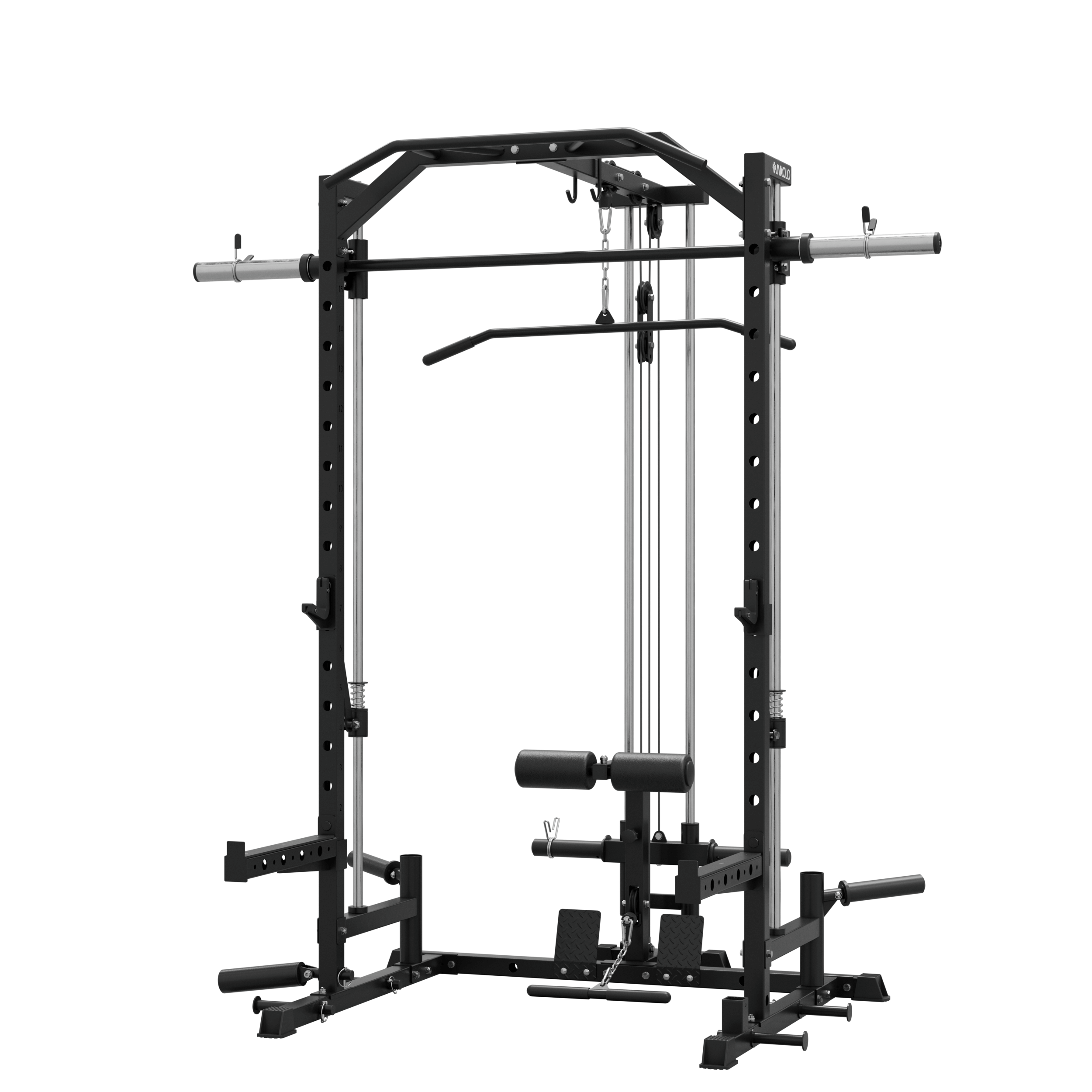
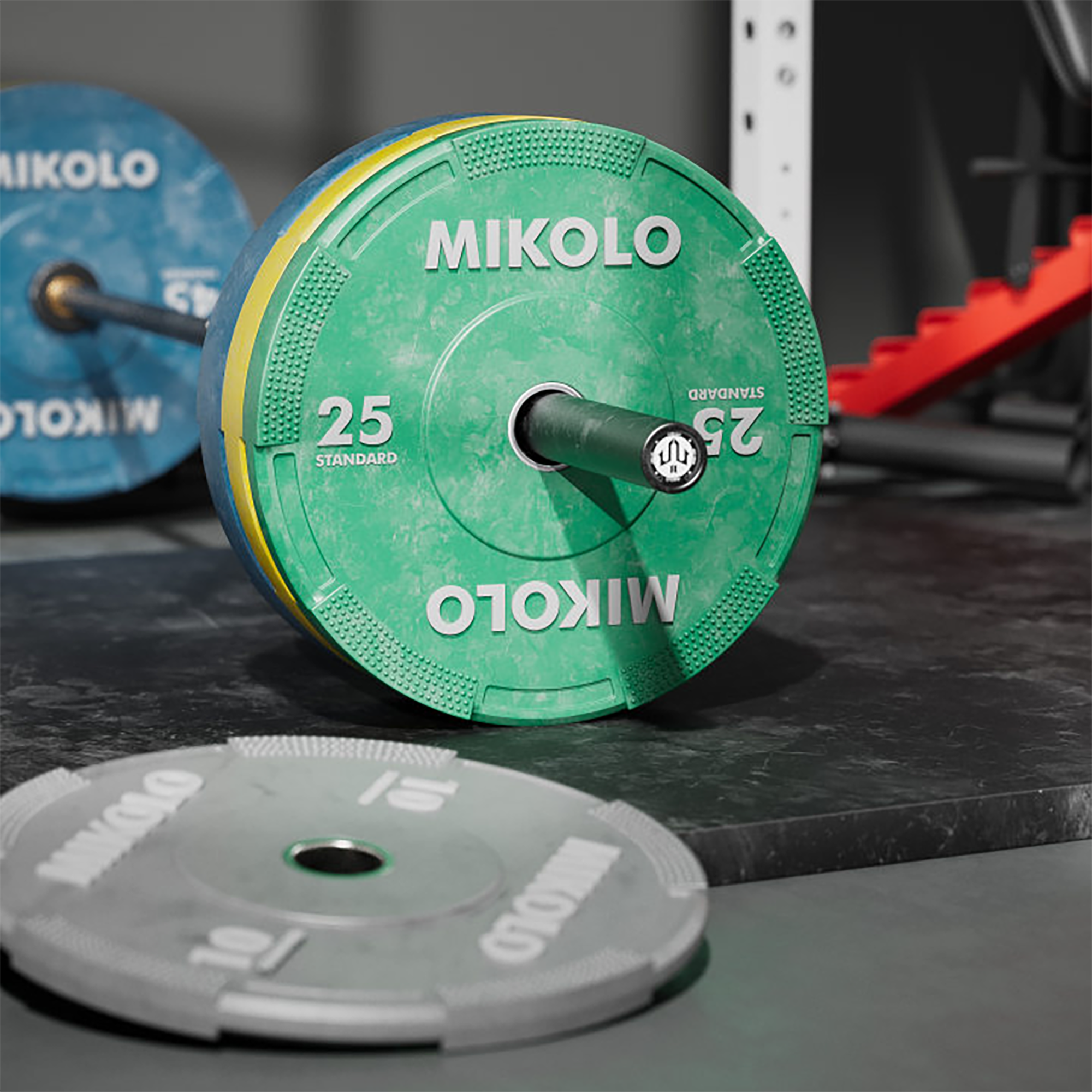


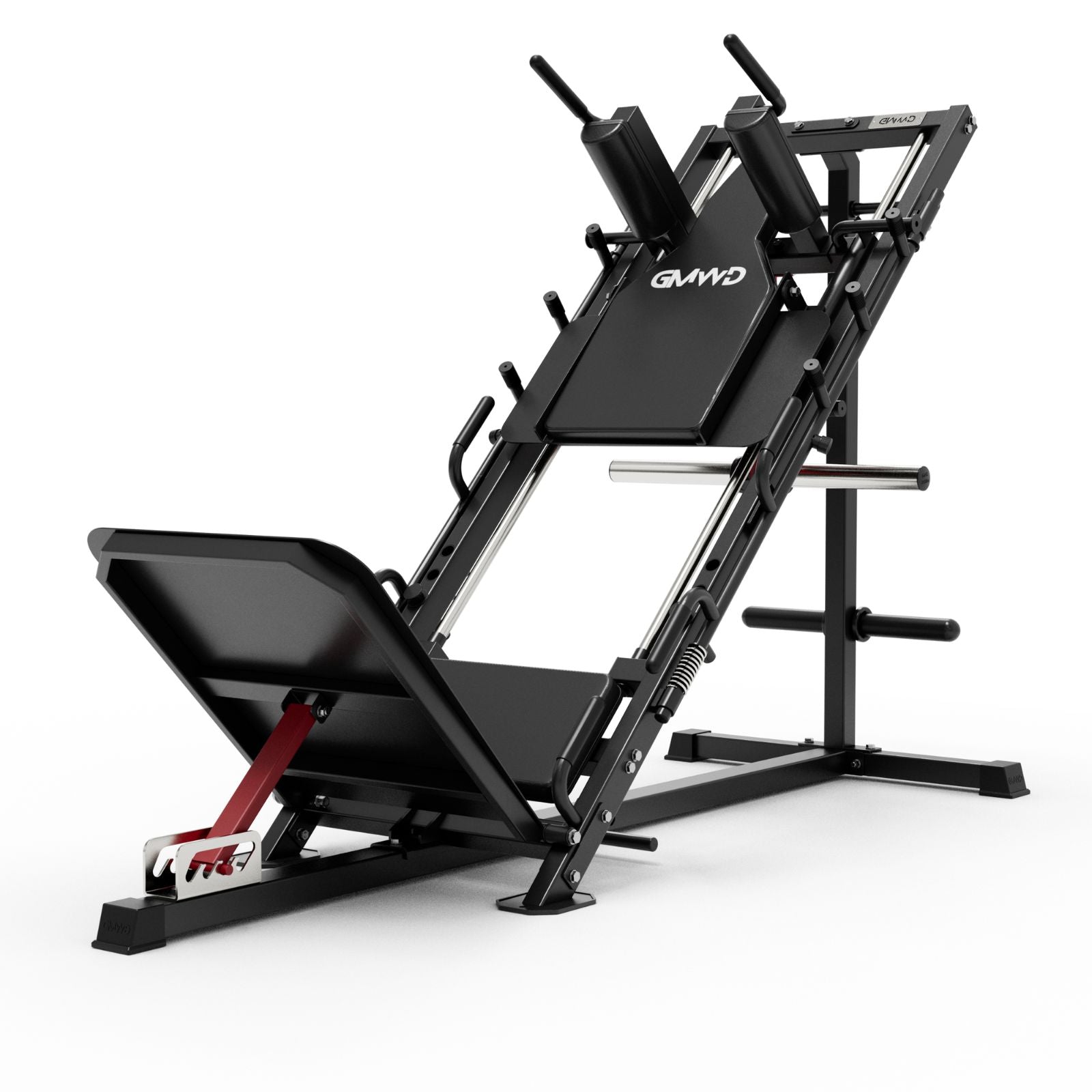


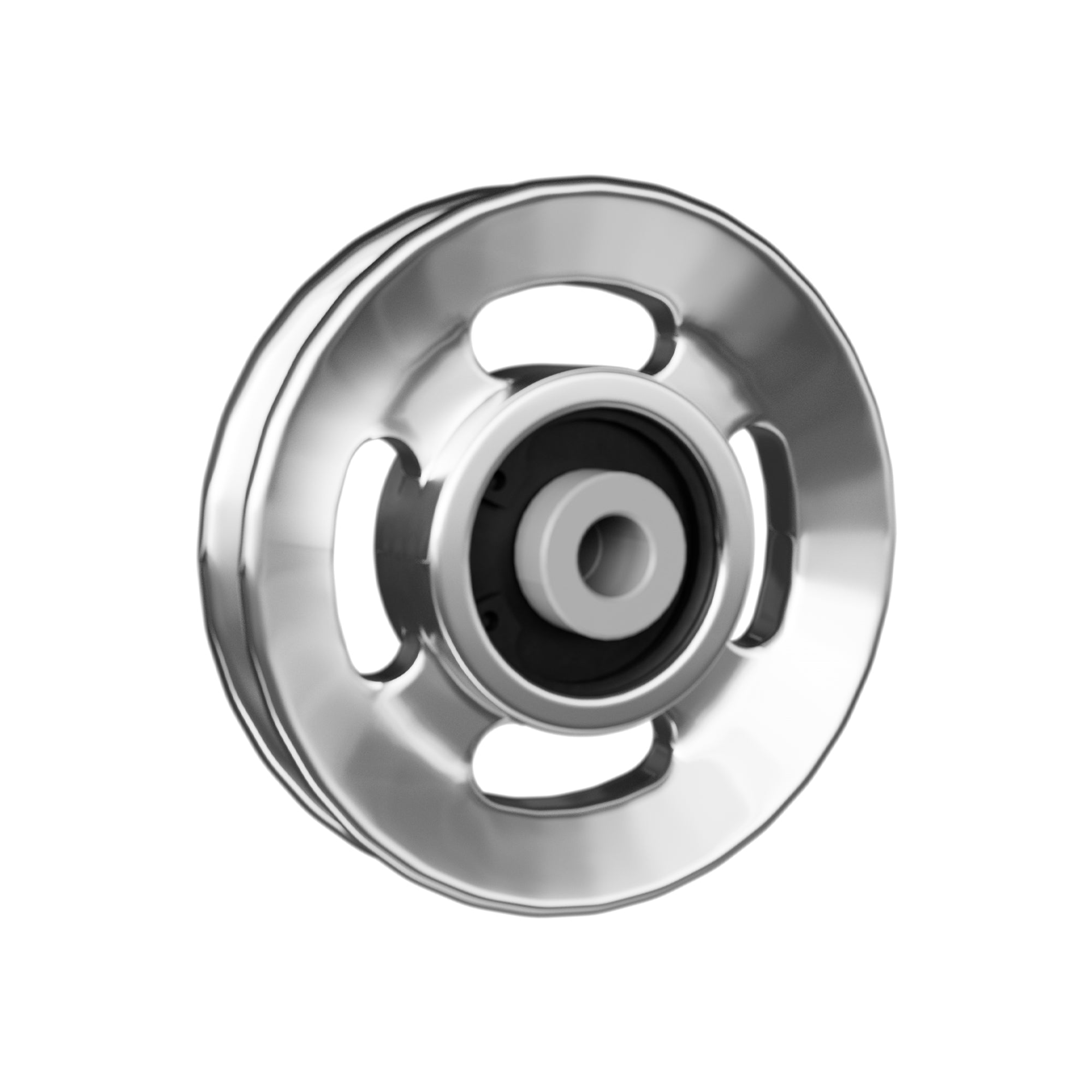
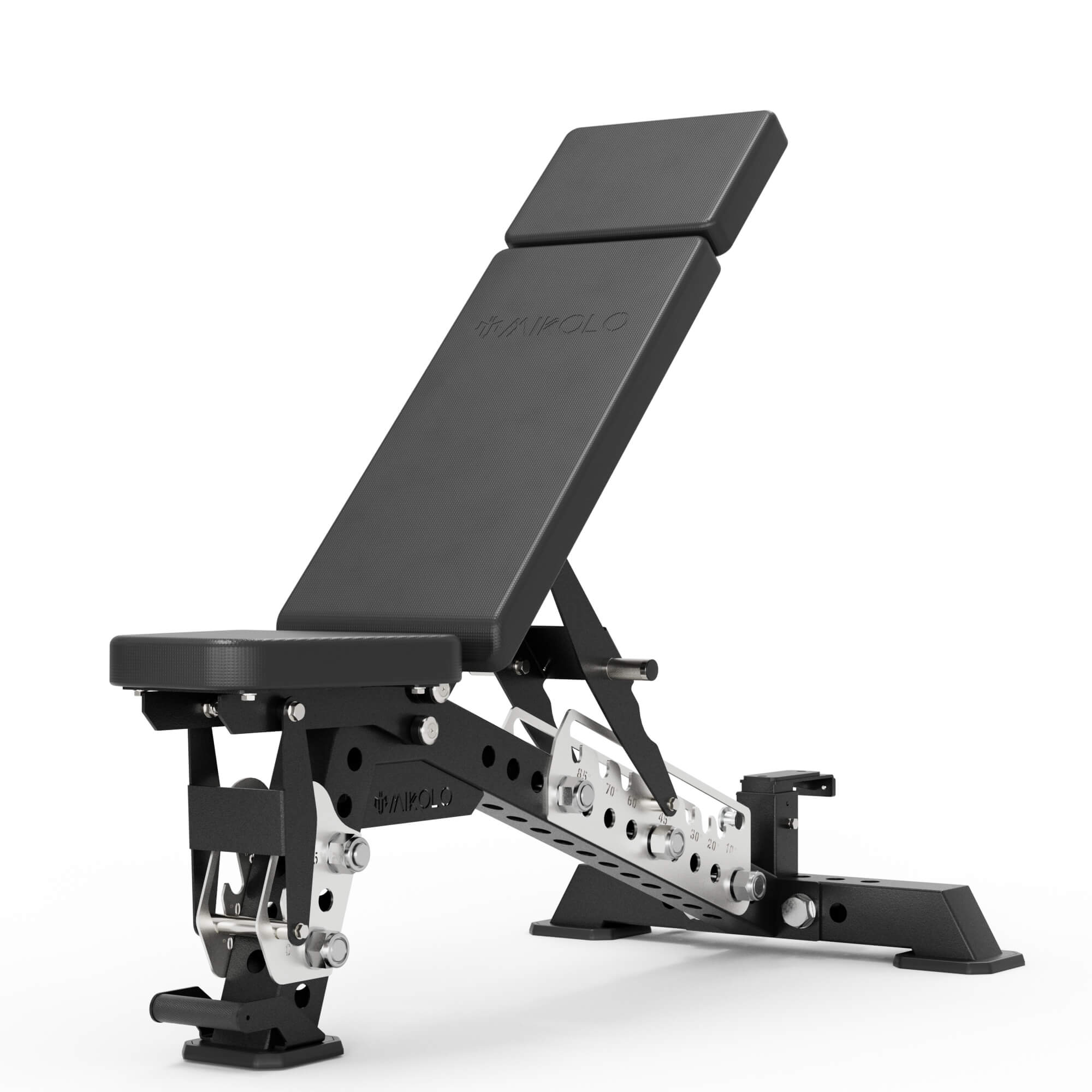
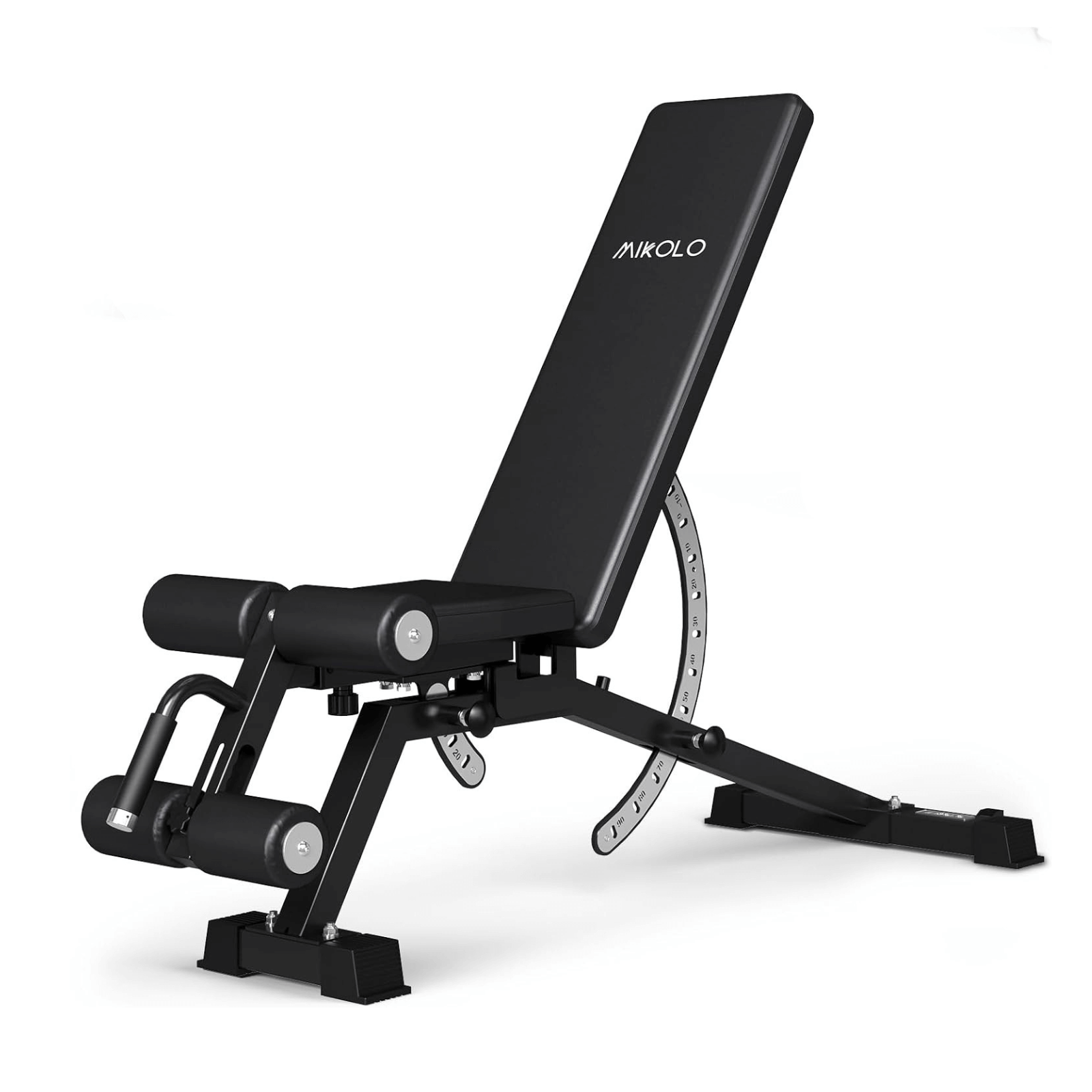



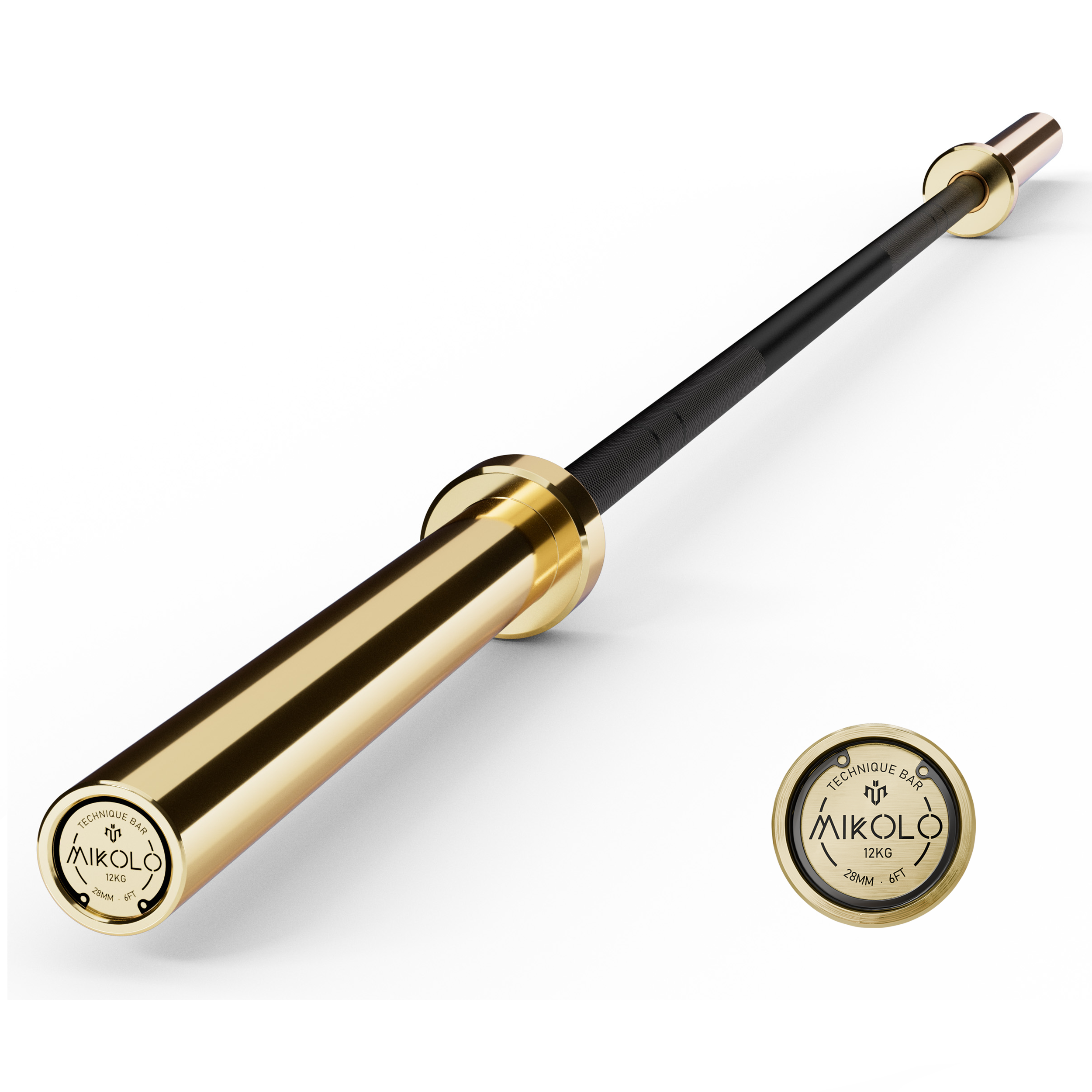
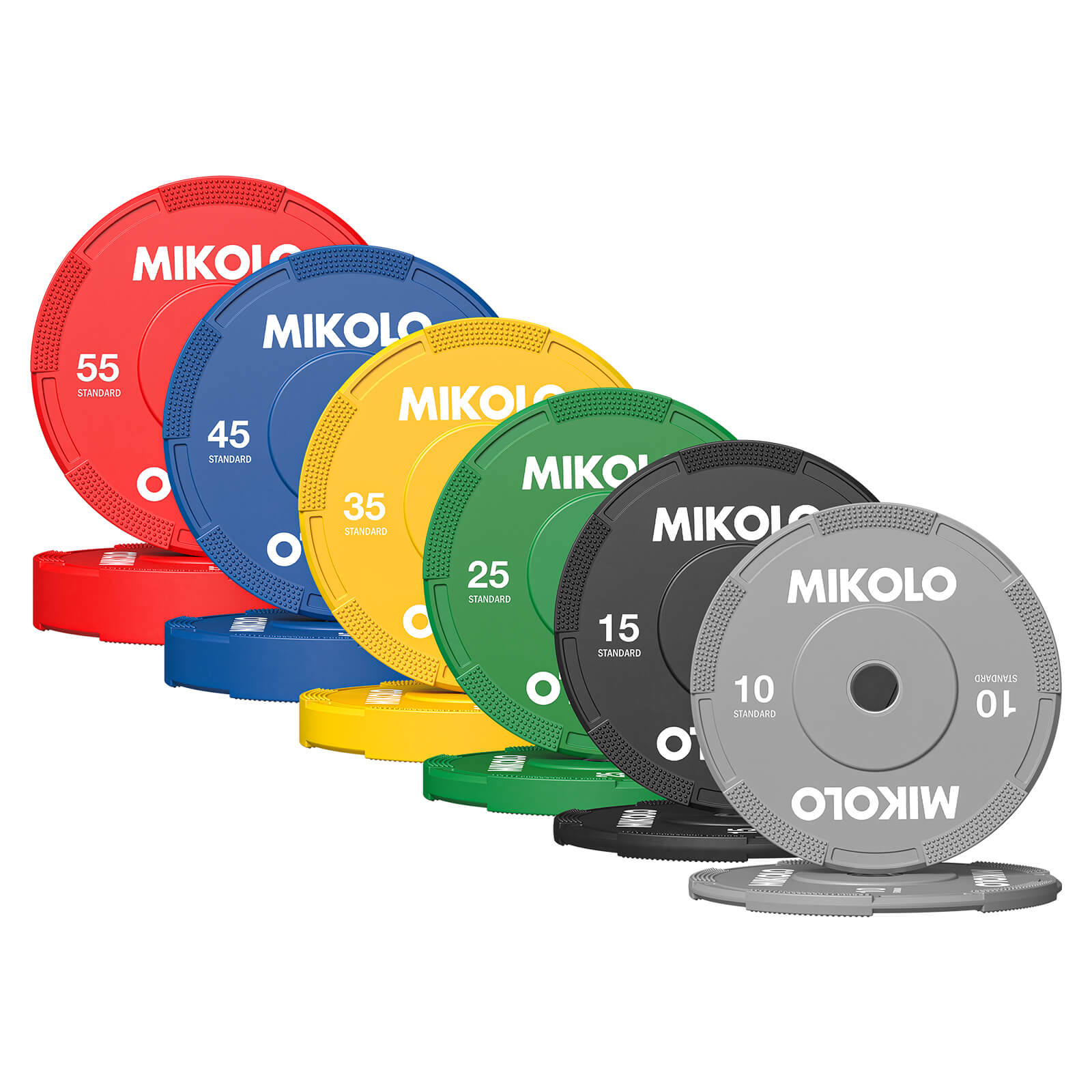

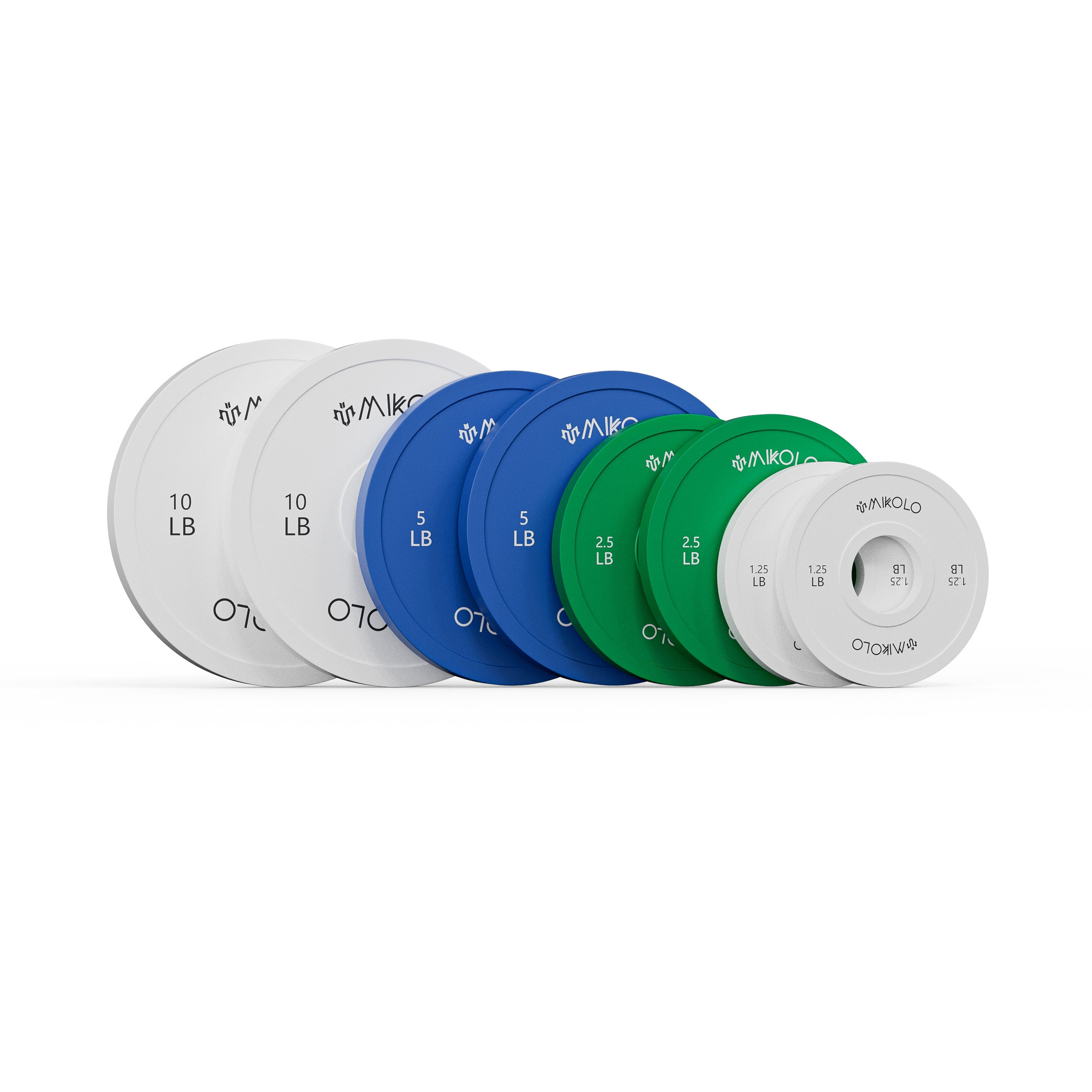

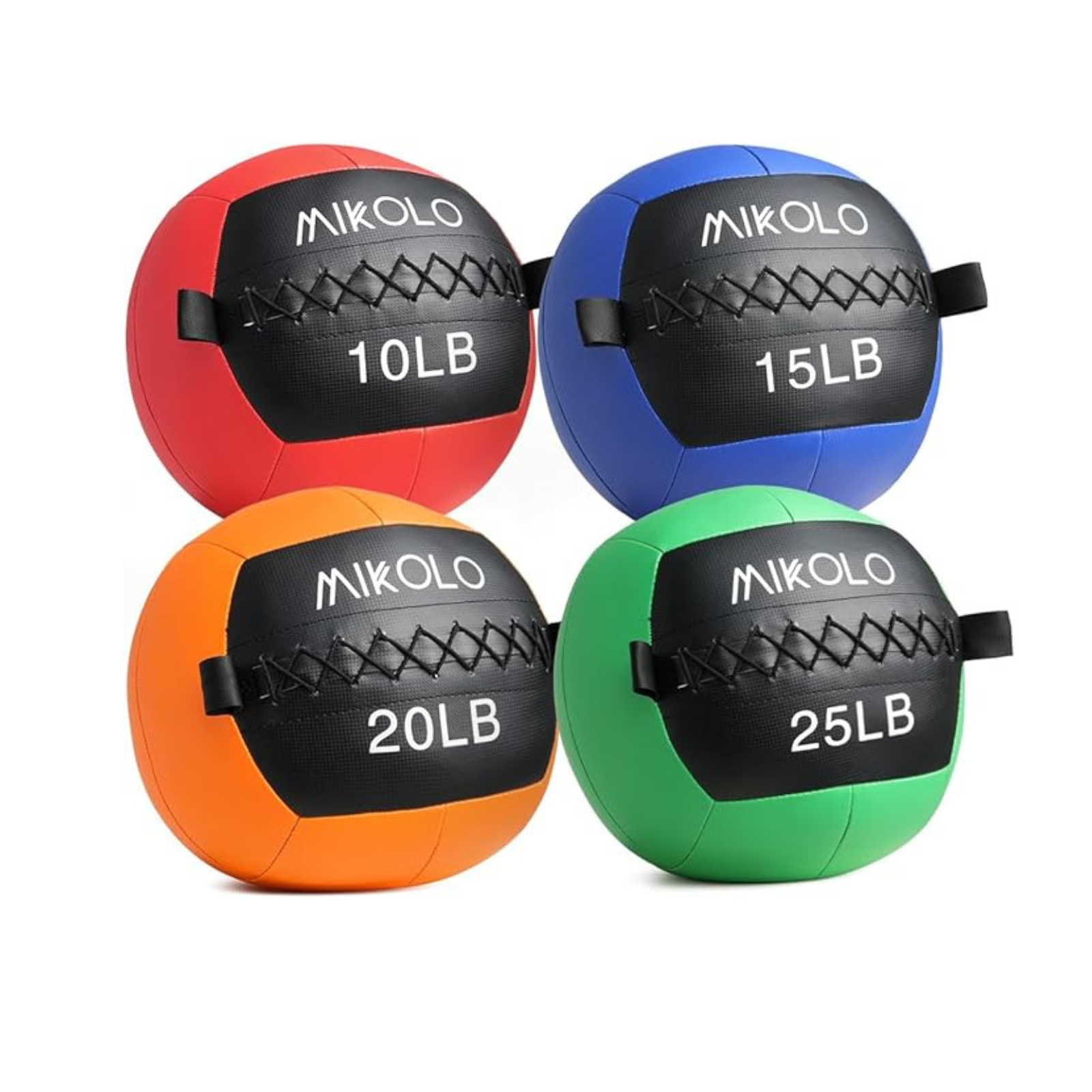
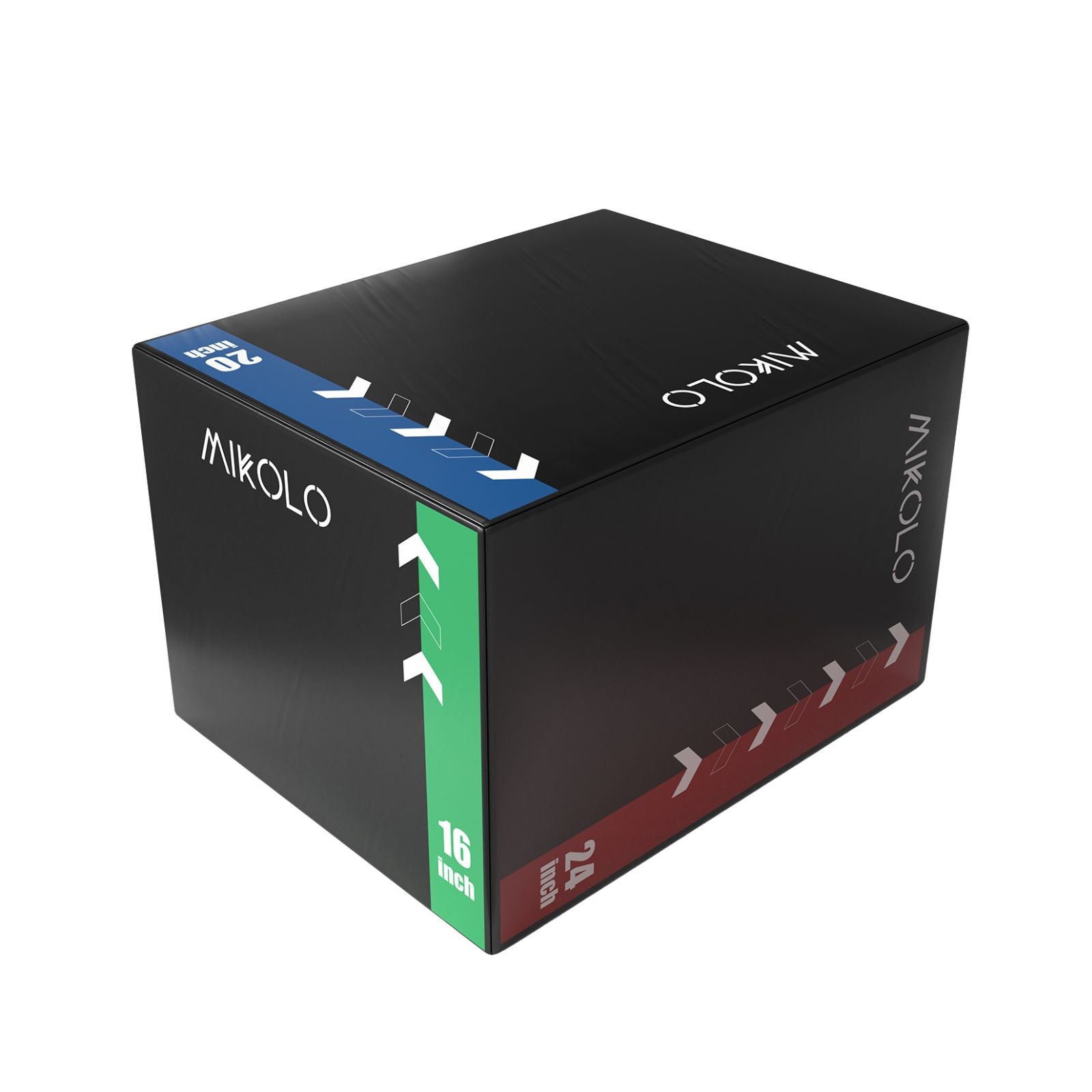






Leave a comment
This site is protected by hCaptcha and the hCaptcha Privacy Policy and Terms of Service apply.